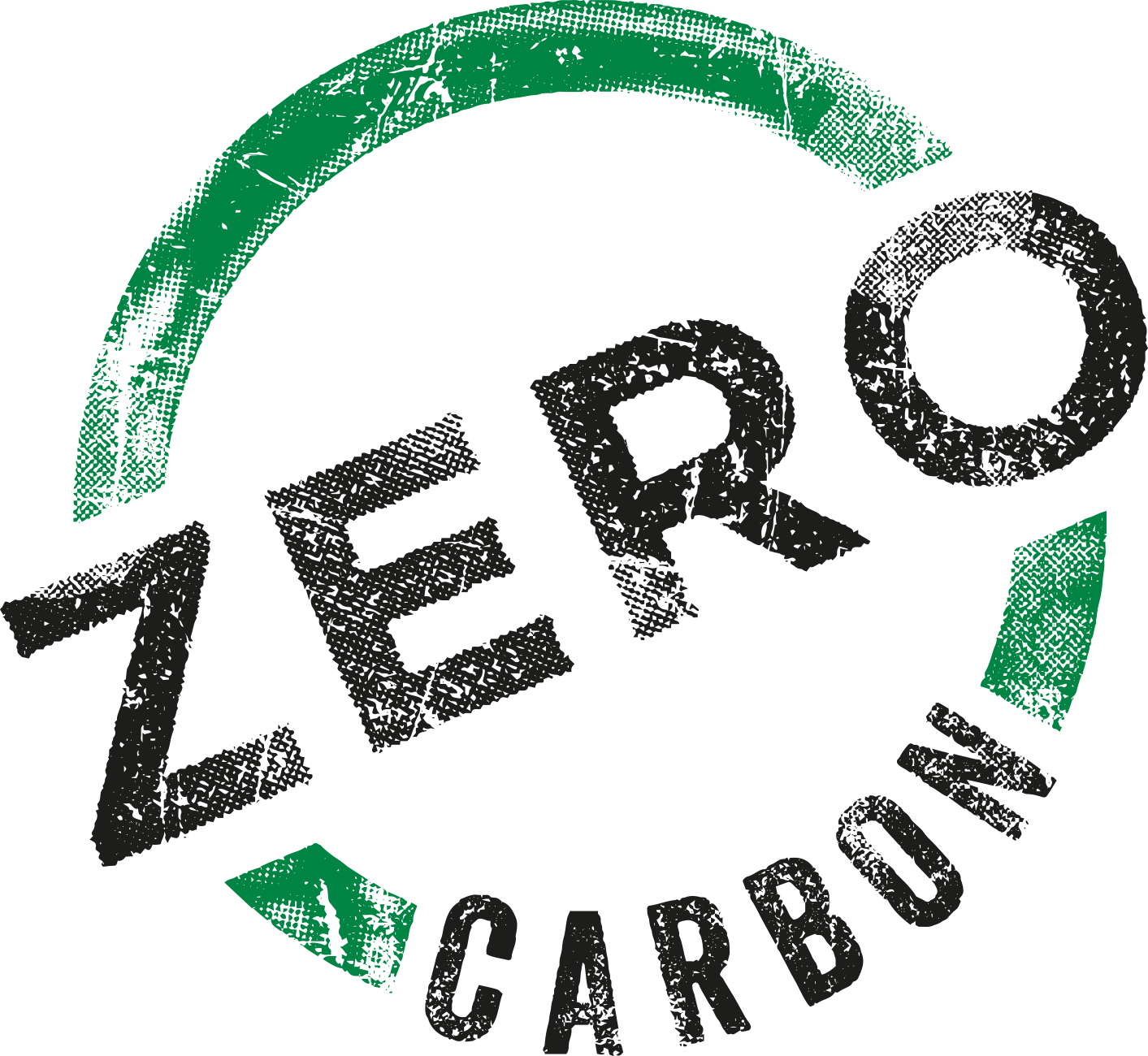
We’ve been campaigning for a proper price on pollution that raises money for people and planet.

ABOUT US.
The Zero Carbon campaign was launched by entrepreneur and founder of OVO Energy Stephen Fitzpatrick in July 2019, following the introduction of the UK’s 2050 ‘net zero’ commitment. For the past few years, it has been calling for the Government to introduce charges on carbon emissions across the UK economy, and lead diplomatic efforts to achieve a global carbon pricing agreement through COP26 and beyond.
We have now ceased active campaigning. However, we remain operative as a hub for carbon pricing news, research and resources. We are pleased to be a partner of the Carbon Pricing Leadership Coalition.
WHAT WE WANT.
We want the Government to introduce stronger, fairer and more consistent carbon pricing that ensures the biggest polluters pay for the damage they do. This will disincentivise the production of greenhouse gas emissions, whilst providing clear investment signals that support the transition towards a low-carbon economy. Not only will it have positive health benefits for people and planet, but it will drive the creation of new jobs too.
As well as ensuring that low-income households are protected from the costs of decarbonisation, the Government should end their provision of fossil fuel subsidies, and use their diplomatic efforts to drive global ambition on carbon pricing.

“We need a framework to support and accelerate the transition (to net zero), and this time, we must make sure the burden does not fall on those least able to pay.”
Stephen Fitzpatrick
Founder, the Zero Carbon campaign
Our Commission.
In 2020, our Commissioners worked together to develop a series of sector-specific recommendations for extending carbon pricing across more of our economy. They also explored how a carbon charge might contribute to a ‘green recovery’ from COVID-19.
The Commission’s final White Paper is available to read now.
The team.
The Zero Carbon campaign was founded by entrepreneur Stephen Fitzpatrick in July 2019, and is currently being overseen by Izzy Goldstein.
FAQs.
How would a carbon charge actually work?
A carbon charge is a form of pollution tax. It requires people who produce, distribute, or use fossil fuels - as well as those whose activities result in the production of greenhouse gas emissions - to pay for every tonne of greenhouse gases that enter our atmosphere. It would gradually amalgamate the multiple conflicting carbon price signals that currently exist in the UK under one clear and transparent ‘charge.’ Over time, the price of this charge would increase and be extended to more areas of the economy - to ensure that incentives to decarbonise exist wherever emissions are produced.
Why this as opposed to another policy?
Carbon pricing is not the whole answer to the net zero problem and will need to be implemented alongside a suite of complementary policies in order to be effective, as outlined in our Commission’s White Paper. However, scientists and economists agree that making the burning of fossil fuels prohibitively expensive is the most effective way of getting to net zero. Existing carbon pricing policies - such as the UK Emissions Trading System (UK ETS) - are not guaranteed to drive the rapid emissions reductions required, especially where they continue to issue ‘free allowances’ and fail to align with the UK’s net zero ambition. That’s why we believe that putting a set charge on carbon is a better place to start.
Won’t normal people just end up paying the price?
Carbon charging will ensure that the biggest polluters pay the most, in line with their contribution to global heating. However, if the UK wants to achieve ‘net zero’ emissions, everyone is going to have to play their part - which is where price signals that reflect the environmental impacts of production can have a role to play. To make sure a carbon charge is introduced in a way that is fair for everyone, we are proposing that a proportion of the carbon charge revenue is used to cushion low-income and vulnerable households from decarbonisation costs, and to invest in supporting people through the net zero transition. We believe that a fair and effective approach towards implementation - as outlined in our Principles for Pricing Pollution - can ensure that everyone is given the opportunity to engage with the net zero transition, regardless of circumstance.




